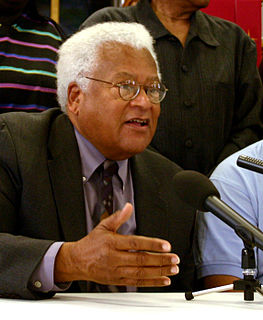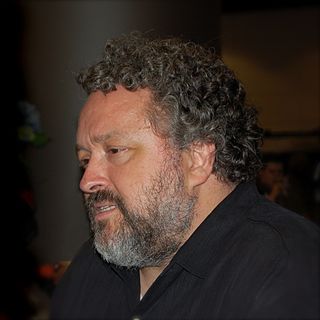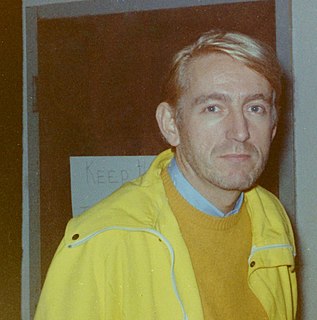A Quote by Deborah Raney
Most parents' goal is to launch their children into the world with all the tools they need to make it on their own.
Related Quotes
I say we must have a movement that brings those troops home and launch a crusade to transform our school buildings, we launch a crusade to see to it that every citizen has adequate and affordable housing, we launch a crusade to make universal health care. We need not soldiers anymore in the world. We've had enough of them in western history.
[17th-century] Puritans were the first modern parents. Like many of us, they looked on their treatment of children as a test of their own self-control. Their goal was not to simply to ensure the child's duty to the family, but to help him or her make personal, individual commitments. They were the first authors to state that children must obey God rather than parents, in case of a clear conflict.
Despite the long-term reduction in familial roles and functions, we believe that parents are still the world's greatest experts about the needs of their own children. Virtually any private or public program that supports parents, effectively supports children. This principle of supporting family vitality seems to us preferable to any policy that would have the state provide children directly with what it thinks they need.
As parents, we can do a great deal to further this goal by helping our children develop alternative ways of knowing the world verbally/analytically and visually/spatially. During the crucial early years, parents can help to shape a child's life in such a way that words do not completely mask other kinds of reality. My most urgent suggestions to parents are concerned with the use of words, or rather, not using words.
Children grow rapidly, forget the centuries-long embrace from their parents, which to them lasted but seconds. Children become adults, live far from their parents, live their own houses, learn ways of their own, suffer pain, grow old. Children curse their parents for their wrinkled skin and hoarse voices. Those now old children also want to stop time, but at another time. They want to freeze their own children at the center of time.
There is a great need for a new approach, new methods and new tools in teaching, man's oldest and most reactionary craft. There is great need for a rapid increase in the productivity of learning. There is, above all, great need for methods that will make the teacher effective and multiply his or her efforts and competence. Teaching is, in fact, the only traditional craft in which we have not yet fashioned the tools that make an ordinary person capable of superior performance. In this respect, teaching is far behind medicine, where the tools first became available a century or more ago.
We want the world to focus on children whose lives have been devastated by AIDS. The millions of children who are missing their parents; their childhood, their future but most importantly, they are missing YOU. Everyone can make a real difference. Your voice is needed in a global movement that can change their world.
Children make you confront your own childhood. Which I think is common. Suddenly you're remembering your own parents as parents, not to mention the fact that you're confronted by them as grandparents. So you also have that terrible shock, a mirror image of your own. You suddenly seem to be so helpless in the face of young children. And you think, "How did you ever bring up me?"
What I have most learned from my son is to respect him and to love him unconditionally. I believe that if parents respect their children and educate them with love and justice (and not just with words, but with their own behavior) the relationship with their children will be wonderful. Then parents will always be proud of their children, and children will always be proud of their parents. There will be peace in the family, and the home will be a sanctuary.



































